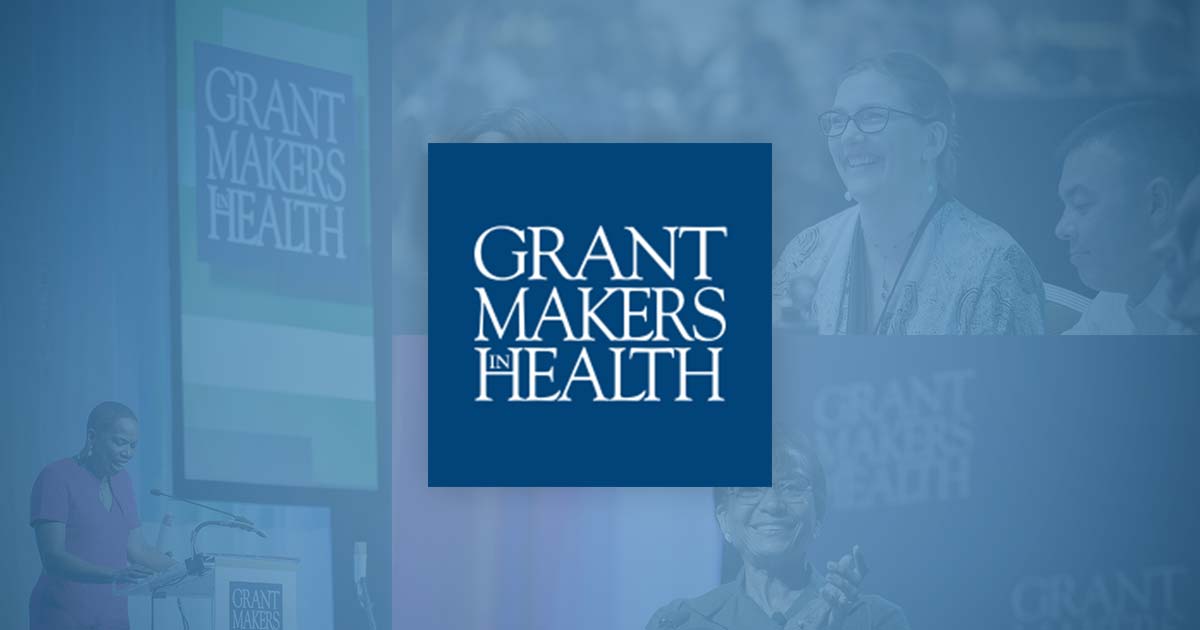Shifting Paradigms in Promoting Oral Health for Young Children
Tooth decay remains the single most prevalent chronic disease of America’s children, affecting 44 percent by age six (Dye et al. 2007). Grantmakers, government, and the professions have long focused energy and resources on getting children into dental care to repair the ravages of this preventable disease and to eliminate associated pain and infection.
Honoring Community Voices to Enhance Health Grantmaking
In philanthropic circles we spend a lot of time discussing the importance of how foundations can meet the needs of and strengthen communities. We expect our grants and program support will prompt change and improve lives, but how often do we end up doing things “to” a community as opposed to working “with” a community to achieve common goals?
Doing a Lot with a Little: The Gulf Coast Fund
“Doing a Lot with a Little” is an occasional series of the GIH Bulletin showcasing small foundations that have creatively leveraged resources to achieve meaningful change.
Making Money in the Nonprofit Sector: Social Enterprises to Support Missions
During the economic downturn, America’s social sector organizations are rising to the challenge. One way in which organizations are investing in a more sustainable future is through social enterprise. The Social Enterprise Alliance (2009) defines a social enterprise as “an organization or venture that achieves its primary social or environmental mission using business methods.”
Collaboration Among Local Public Health Departments Preparing for Accreditation
The Kansas Health Foundation believes that all residents of Kansas deserve equal levels of public health protection and access to services regardless of where they live in the state. In partnership with the Kansas Association of Local Health Departments (KALHD), the foundation has worked to explore how regional collaboration among local health departments might strengthen these departments and support their efforts to become accredited.

